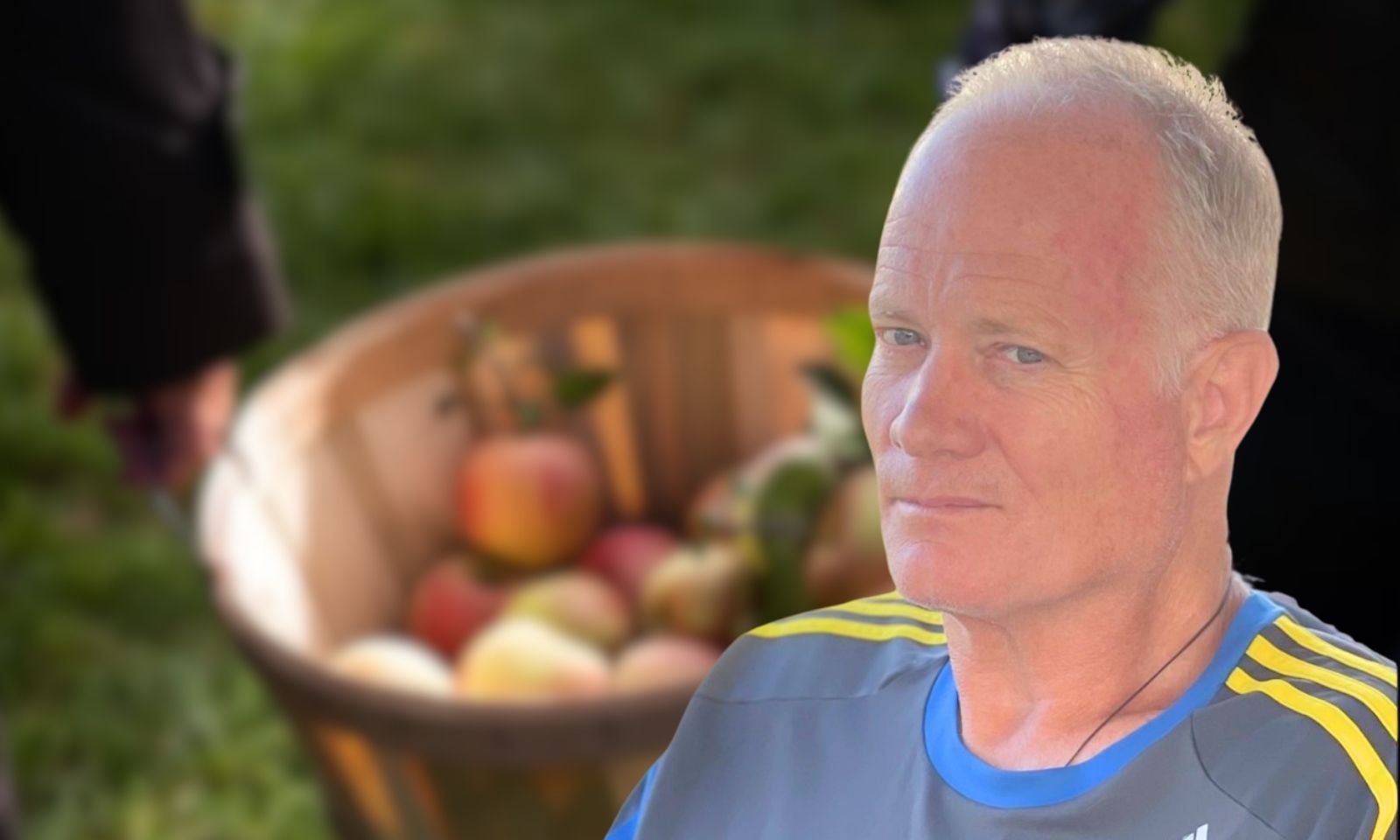

In 2024, the Ministry of Business, Innovation and Employment received almost four times more complaints about migrant exploitation than in 2023.
Photo/Unsplash
Rising organised crime in NZ: Urgent calls to protect vulnerable migrant workers
A new Government report warns that exploitation is rising in sectors like construction and horticulture, with calls to ban cash wages and tighten supply chains.



Island Vibes unleashes Tonga Tū Ketau Tuē: A celebration of Tongan identity and language

80 years on, Pacific continues to bear deep scars from World War II

When libraries become creative hubs for young Pasifika to tell stories


Principle over politics: Fiamē's vision put to the test in general election

Island Vibes unleashes Tonga Tū Ketau Tuē: A celebration of Tongan identity and language

80 years on, Pacific continues to bear deep scars from World War II

When libraries become creative hubs for young Pasifika to tell stories
A new report warns that the escalation of organised crime is growing in Aotearoa, with migrant worker exploitation identified as both an urgent concern and a bigger unreported issue.
According to the Ministerial Advisory Group’s (MAG) July 2025 report, transnational, serious, and organised crime is expanding and harming communities across Aotearoa. It calls for a coordinated national strategy to empower communities, reduce demand for illicit goods and services, and dismantle criminal networks through enforcement and prevention.
The report highlights migrant worker exploitation as an urgent concern, which MAG notes is likely underreported and growing across the motu. The Ministry of Business, Innovation and Employment received 3925 migrant exploitation complaints last year, almost four times more than in 2023.
High-risk sectors identified in the report include construction, horticulture, beauty, and the hospitality industry. The report urges the Government to mandate that high-risk industries identify and mitigate exploitation risks in their supply chains and to hold businesses legally accountable for such practices.
John Tims, former Deputy Police Commissioner and a MAG member on Transnational, Serious and Organised Crime, says eliminating cash payment for migrant workers is key to resolving the issue.
“If they're getting paid and their money's going through a bank account, it's transparent. You can see what they're getting paid and make sure that they're getting the benefits that they should be getting. Also, it takes away that opportunity around money laundering for criminals,” Tims says.
“It has a positive impact on business if workers are paid through a banking system, because you've got businesses that are doing the right things… and then you've got other businesses that are paying workers under the table.
“They can pick up contracts above those sort of legit businesses and that has a flow on effect to our economy. It's quite a complex and big problem when you've got cash being paid to workers under the table.”
The landscape of organised crime
Tims says there is a need for a balanced approach, as most businesses are run by “honest and hardworking people”. Over-regulation could burden the small percentage of busineses engaging in exploitation. He says understanding the supply chain system is essential.
Watch John Tims’s full interview below.
“Big businesses are subcontracting to subcontractors and they're probably not aware of the conditions or what those subcontractors are doing. So it's making sure that the business that's employing subcontractors takes responsibility.”
He also warns that New Zealand’s borders should include the Pacific, where organised crime groups are increasingly active. Tims says the Pacific is used as a stopover for drug importation from the United States and countries in South America.
The report also emphasises the need for community-based addiction services and recommends treating drug use as a health issue. It calls for investments in early intervention and support for local programmes such as Te Ara Oranga and NZ P-Pull.

John Tims says community engagement can help stop organised crime, especially migrant worker exploitation. Photo/Unspalsh
Community engagement key
Tims says tackling organised crime effectively requires more than law enforcement. It needs community engagement. He says New Zealand cannot “arrest our way out of this”. While enforcement plays a vital role, police, customs, and support agencies must work together with communities.
“Part of that prevention is our communities working together, with agencies, but understanding the impact that organised crime is having on their community. If you ask most people, they would say organised crime is gangs and drugs.
“But as we all know, it's a lot wider than that. Understand the impact that they're having within your community. If there's something not right, then come forward, let us know, let the police know, let customs know.
“Let someone know what you're seeing, because we want to protect all New Zealanders. We want to protect those workers that come from overseas, and if you are being exploited, again, come forward. You can trust the agencies and organisations that are there to help.”